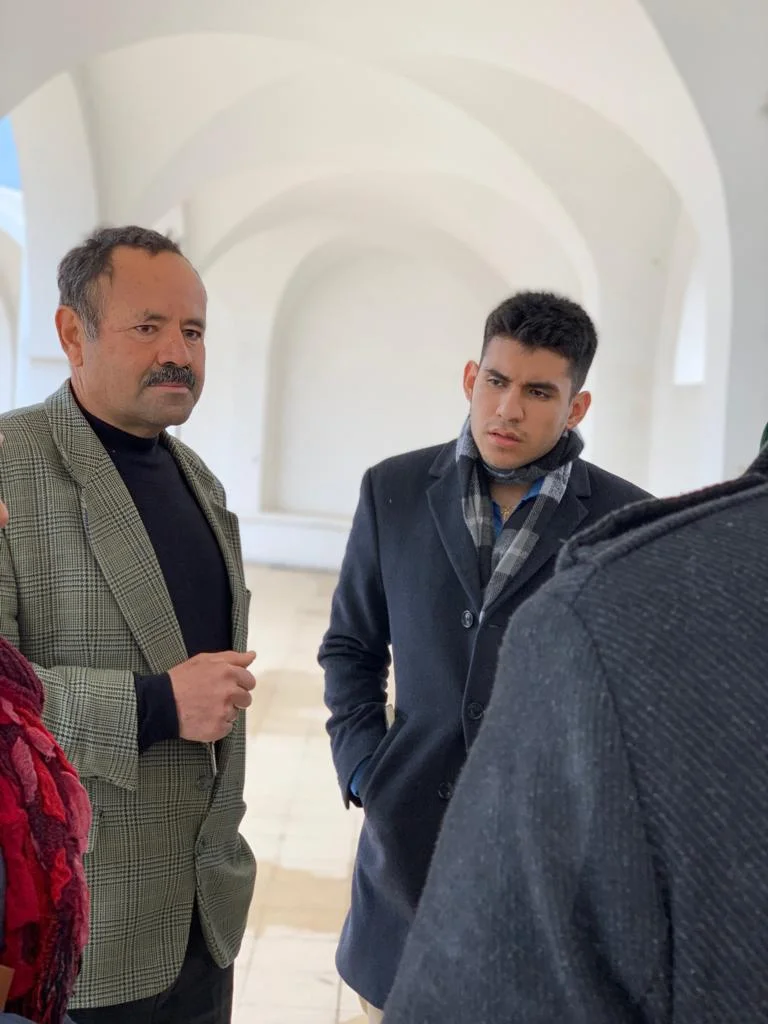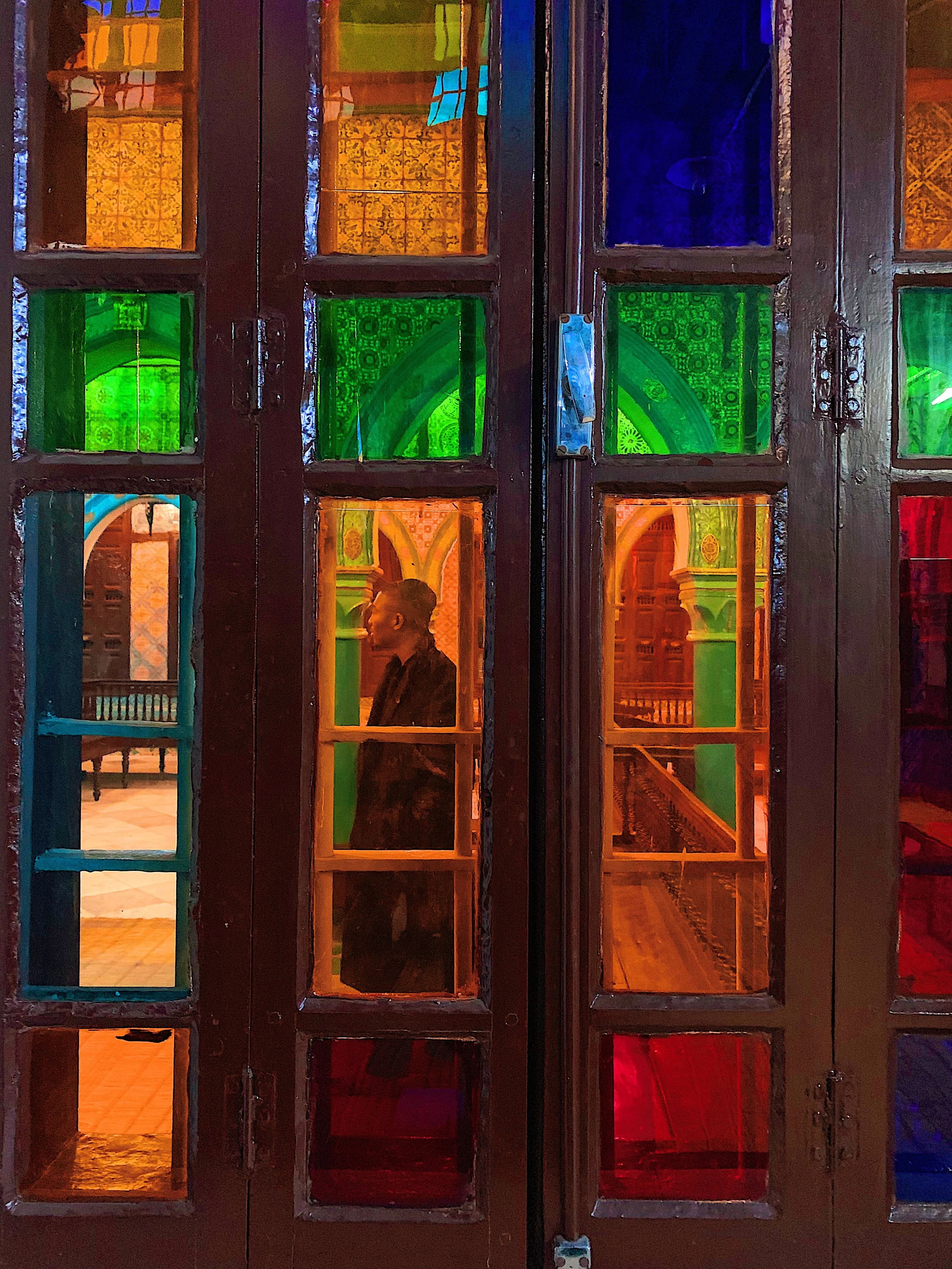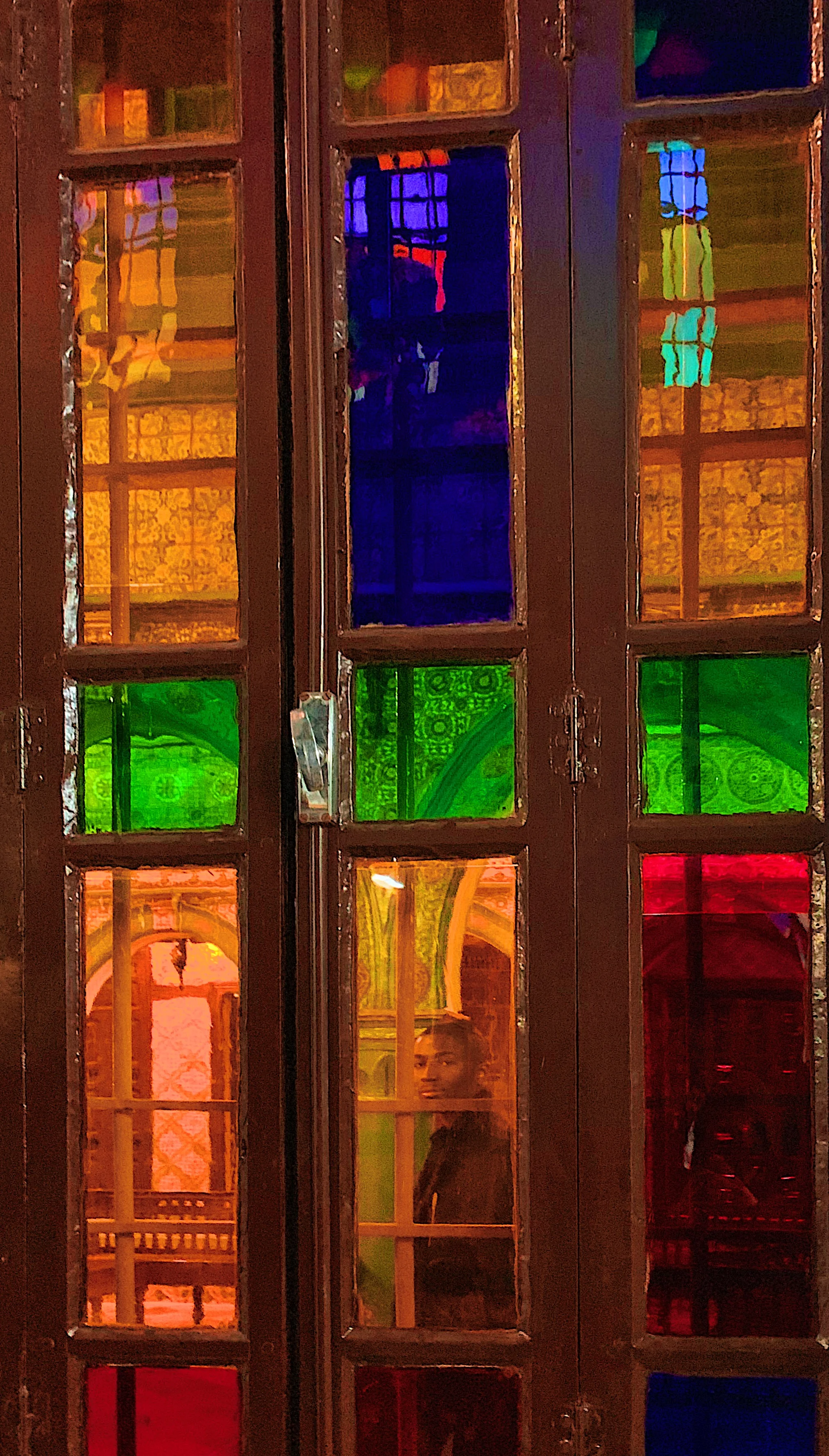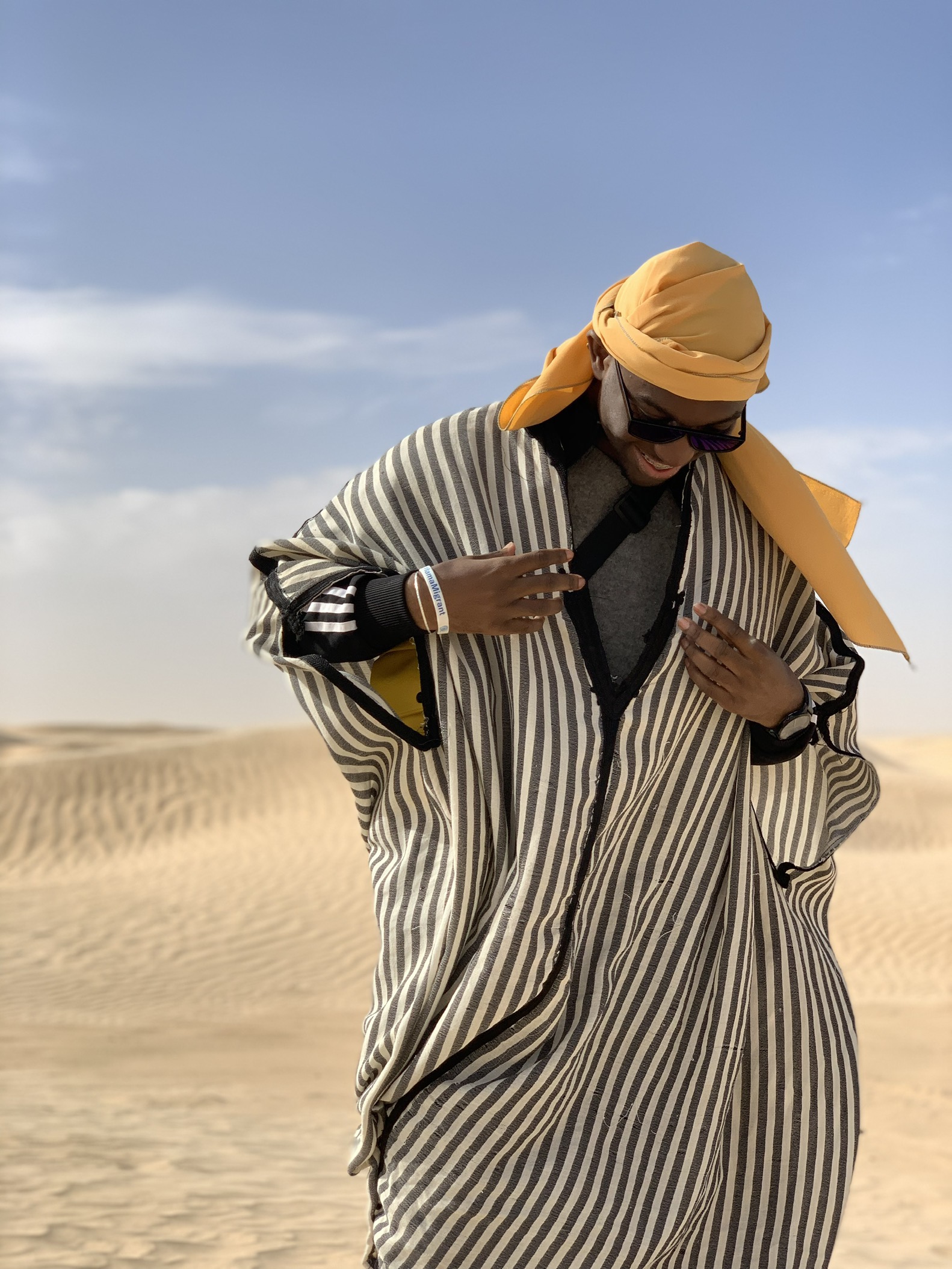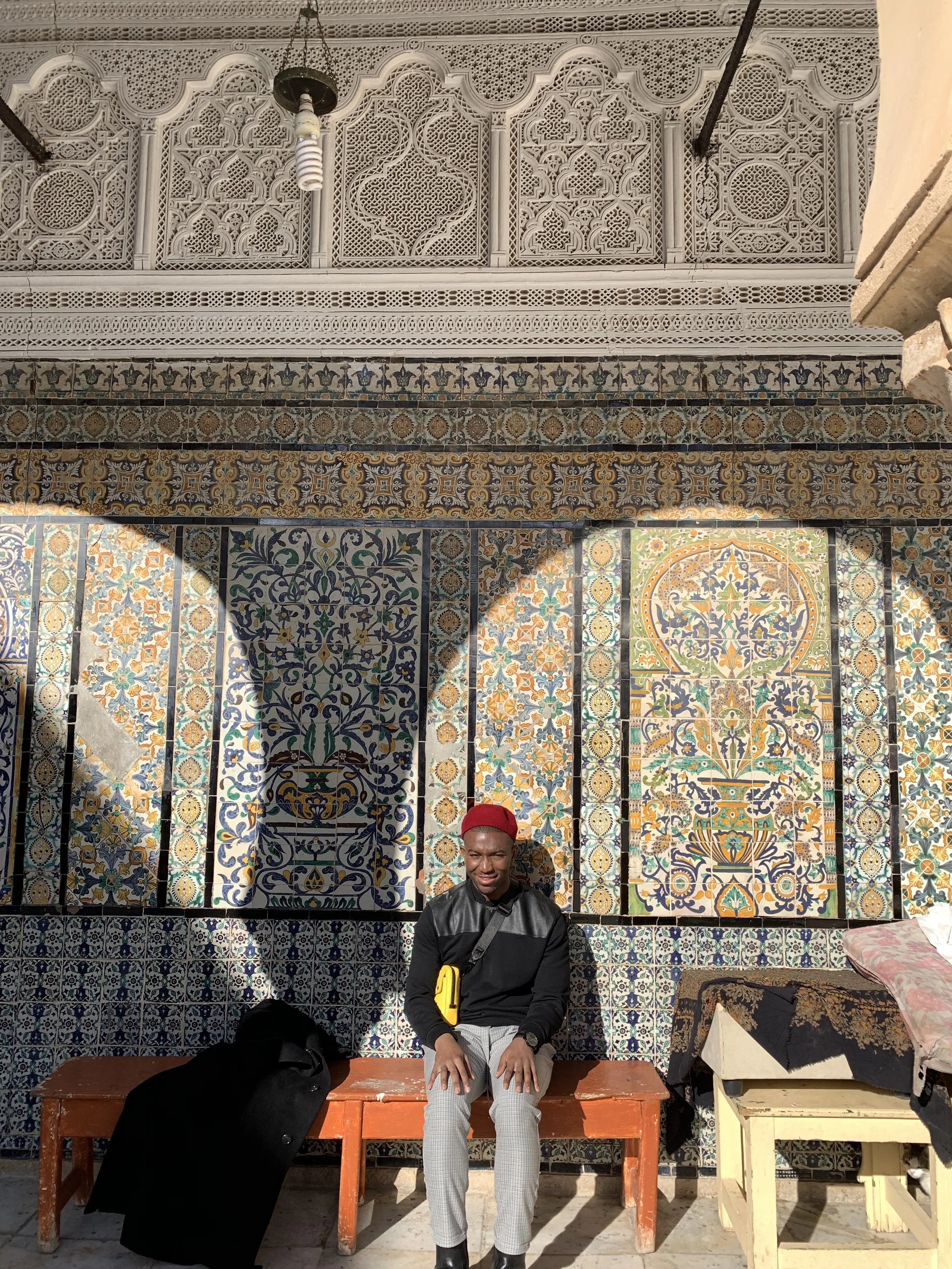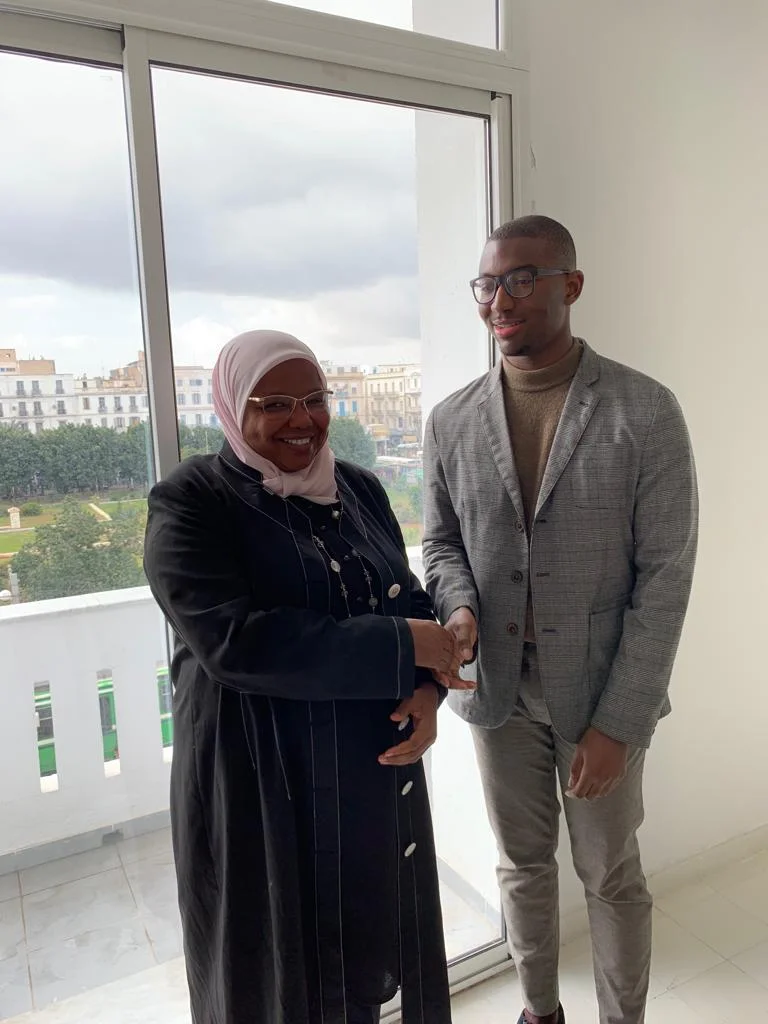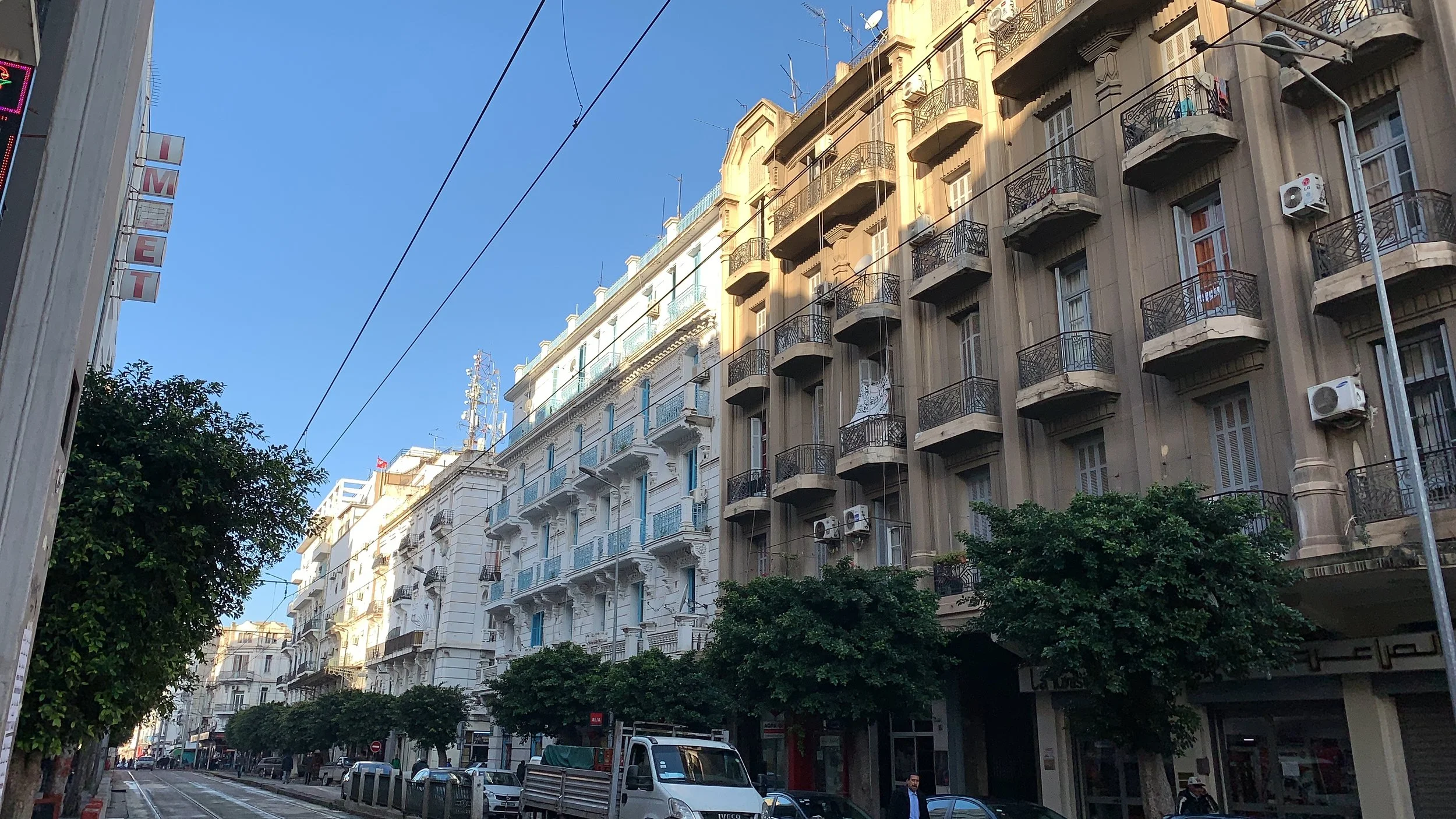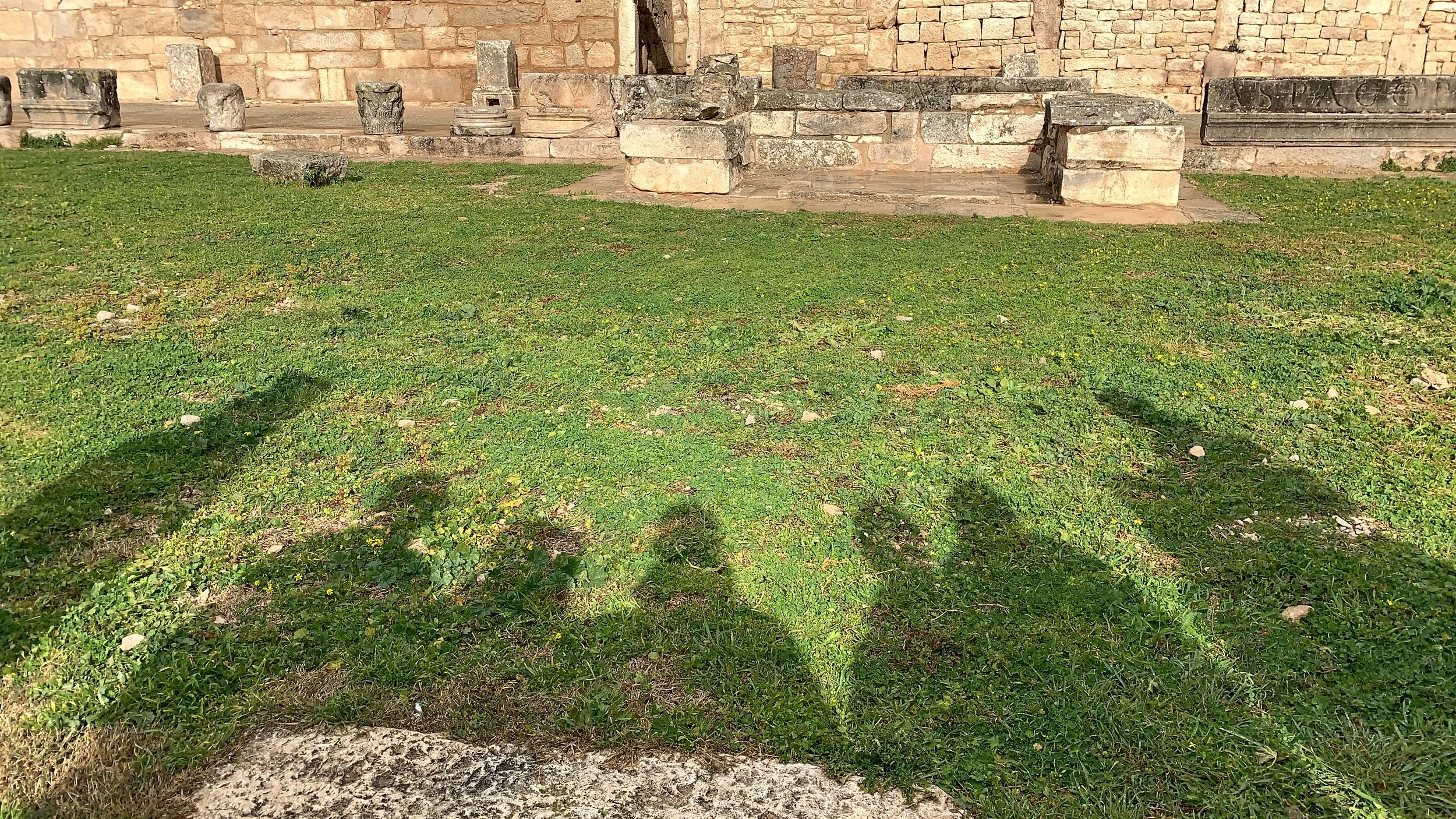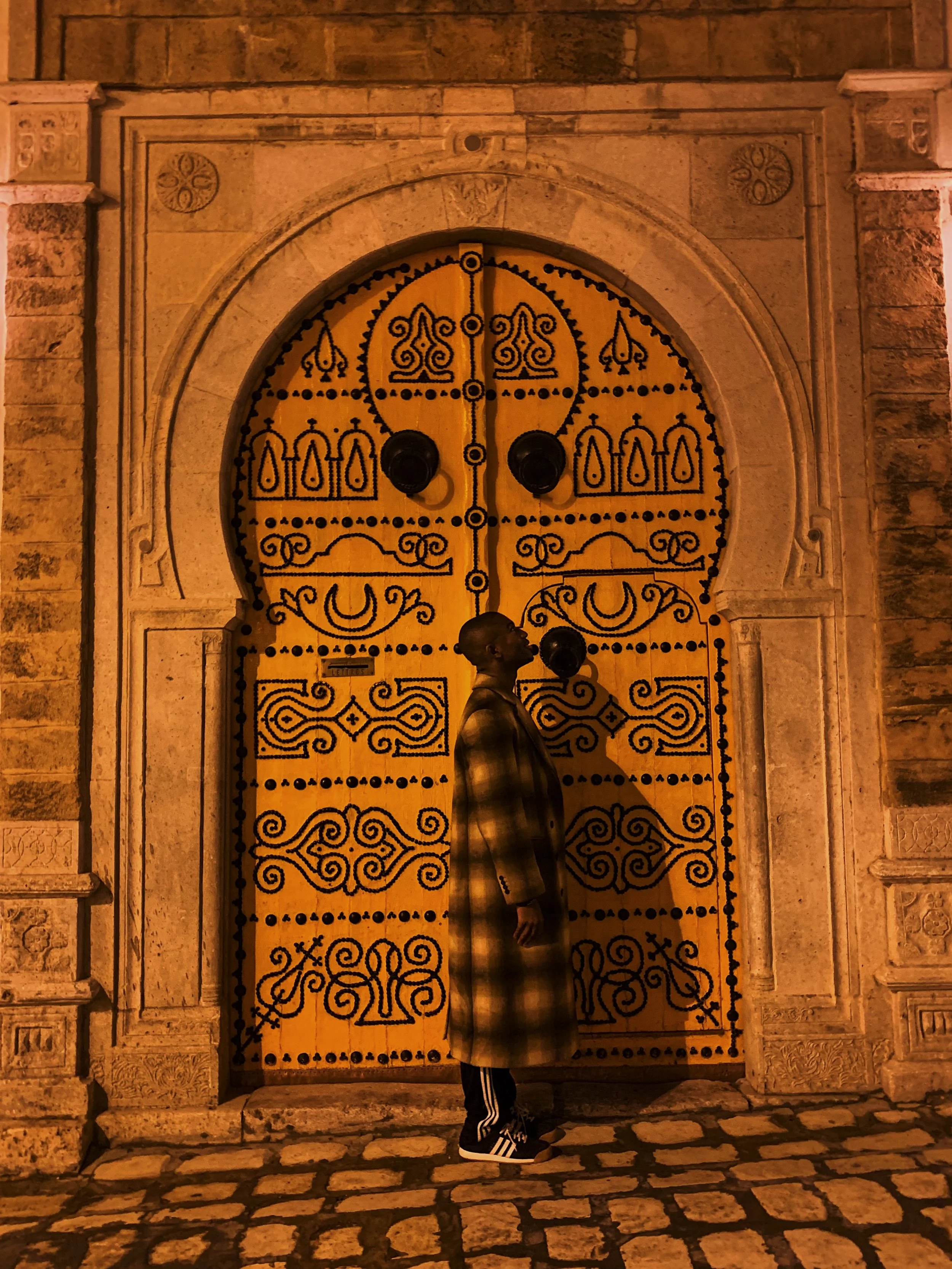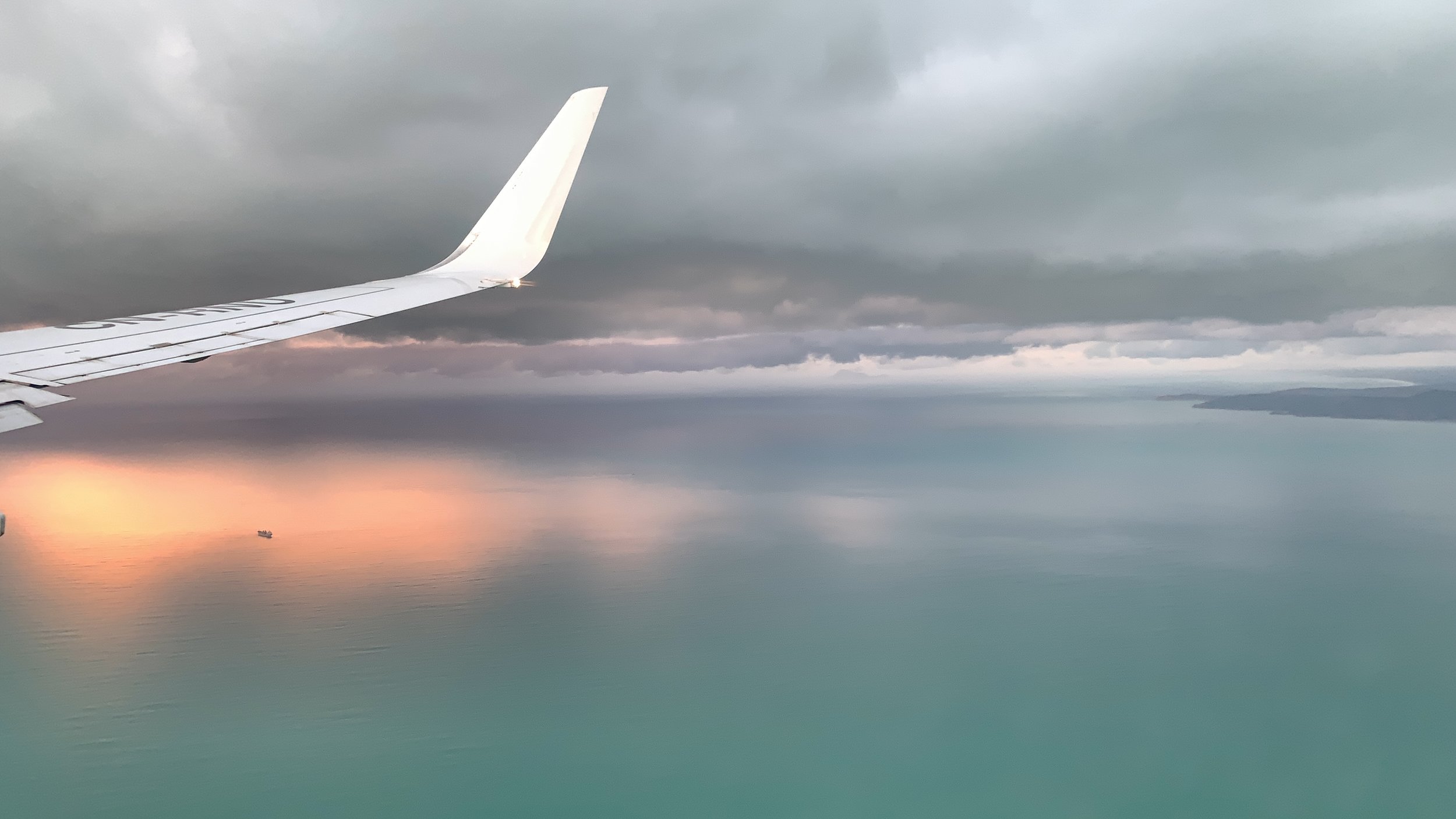When I asked about the needs of the attendees at his mosque, the imam said that they just come to pray and leave. However, he said this with a particular hand motion that signified that there was a simplicity to what they use the mosque for. With this simplicity, I noticed a sense of dissatisfaction in his voice. Even with the language barrier of Arabic, I still was able to hear the complexity within such a simple answer. The hand motion that he made was somewhat of a wipe-away—signifying a neglect. I asked the imam if there was something more that he would like to see from those who attend the mosque, he quickly began to open up about the dissatisfaction he felt with their display of religiosity. He noted that some of them come strictly out of habit because their family have been coming to the mosque out of pure tradition. When I asked him what he would like to see from those who attend his mosque, he said that he would like to see them stay for the lectures, try to “understand deeper,” ask questions, and “think with their minds.”
In other words, the imam wants the mosque-goers to separate themselves from emotion and habit. I thought about the word emotion and why would this word come out in translation. The word emotion could just be “exaggerated behavior,” “pomp,” and “fuss.” Could it be that the mosque-goers were simply going through the motions and faking their spirituality by their exaggerated reactions to their daily prayers ? Sometimes, translations will leave you in space where you must interpret for yourself. The word “emotion” kept coming up again and again. I never really thought to ask for clarification because I felt that I knew exactly what he meant emotion.
I thought about this in the context of my religion growing up in a Southern Baptist Church. People would “feel the spirit” and “catch the Holy Ghost.” With what seemed to be like every Sunday, there was a lady in my church named Sis. Angela, who would catch the holy ghost. The would be another woman, Sis. Lily, who would speak in tongues. My church has always been filled with emotion. Sometimes, questionable emotion. Was the sermon that was preached really that powerful? Was the song that was just sang by the choir really that moving? Why was Sis. Angela running around the church and as my cousin liked to say “carrying on?” Was it really that serious? What could cause Sis. Lily to be so moved that she would speak in another language. I was told that speaking in tongues, or appearing to be speaking in tongues is not a game because God does not like it when you “act.” When I heard the word emotion come from the translator’s mouth, I had heard my pastor say that all time we come to church on Sunday, dressed up “hoop and holler,” “fuss and shout,” “dance,” and “go home.” Sure enough, after reprimanding my church for their Sunday antics, my pastor encouraged the church to dig deeper within their spirituality throughout their week and seek a stronger, less superficial connection with God.
My pastor and the imam are similar in that they seek to remove the performative aspects that coat their respective religions. The performative aspects of religion create this space for a heightened drama that ensues and even more heightened emotion. In my church, I find that many people attend church out of habit. When I got to New York, I was destined to go to church on Sunday because that is exactly what I was raised to due. Overtime, my Sunday attendance began to wane. God knew that I had a paper due on Monday and a midterm on Wednesday. God placed me at Columbia to do this work, so I must do this work. That how it worked, right? I told myself that I would go to church on the next Sunday to worship him for helping me past my test. I found myself in church trying to dig deep for emotions. A connection. I thought about how I always felt so bad because I could never really be that spiritual. I could never speak in tongues. I could never feel a quickening in my soul that mobilized my feet to run around the church. At one point, I used to feel like it was my duty to shed one tear in church so that I can validate that I was still connected to God. My God.
The imam prefers the word ‘believers’ rather than ‘muslims’ because the word ‘muslim’ really means believer in God. I am defining spirituality for myself. Engaging in religiosity creates so many divides. The imam called us ambassadors who will be shaping the world. As a Kraft Global Fellow, I am an ambassador who is engaging with the world, and seeking to make constant additions and adjustments to my global perspective.
